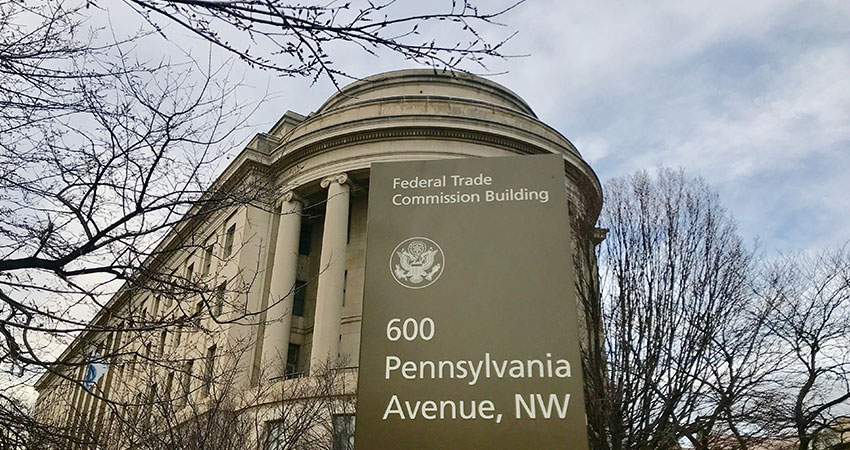While it’s been widely reported that Federal Trade Commission head Lina Kahn is planning to drop a massive antitrust lawsuit against Amazon, analysts at Baird argue in a research note that the move would be wrong-headed because the company’s success is based on innovation and investment, not monopolistic practices.
Analysts at Baird Equity Research also note that Amazon faces strong competition in a number of areas, including cloud computing (Microsoft, Google, Oracle, etc.), ecommerce (Shopify, Walmart, etc.) and streaming video (Disney, Netflix, Hulu, etc.). They add Amazon has failed to gain meaningful share in grocery despite its acquisition of Whole Foods.
In making their case, Baird analysts Colin Sebastian, Rhys Ivory-Ganja and Colin Loyet cite sections of Kahn’s 2017 paper, “Amazon’s Antitrust Paradox,” written when she was a student at Yale Law School. Kahn argued Amazon was built as an anti-competitive machine that borrowed product IP from sellers to create cheaper private label goods and pursued predatory pricing, one that was ripe as a test case for updating antitrust precedent in the digital age.
In particular, the Baird analysts believe Kahn would target Amazon’s retail, marketplace and logistics and cloud computing as business segments to break off from the parent, based on her paper.
Instead of tying Amazon’s many successes to anti-competitive behavior, the analysts said, they were more likely the result of “novel strategies and innovations that were once viewed as highly speculative, but ultimately improved services for consumers, and effectively increased competition in stagnant retail and technology markets. In effect, the market worked as it should.”
Where Kahn saw Amazon as subjugating competitors and slipping past antitrust laws, the Baird analysts saw the company benefiting sellers by providing a successful marketplace, while deploying technology that improved the shopper experience. This meant both direct competition with incumbents as well as creating outsourced services like cloud computing and logistics.
“Our view is that this approach has significantly increased innovation and raised the level of competition in retail, logistics, media and enterprise technology, and ultimately pushed other companies to be more innovative for the benefit of their customers,” the analysts wrote.
Instead of an outright breakup of Amazon, the Baird analysts posit a “middle ground” scenario where the FTC would target “specific instanced of anti-competitive behavior,” such as establishing rules that would prevent the company from favoring its goods over its own sellers or partners.
“We believe this would be a comparatively benign scenario, considering many of the complaints against Amazon could be dated, and based on our understanding, the company has established policies to prevent structural anti-competitive conduct,” they wrote.
Last month, the FTC alleged in a lawsuit that Amazon duped millions of consumers into signing up for its Prime subscription program, then made it difficult for them to quit, an allegation the company vigorously denies. Many believe that was an under-card to the main action of an antitrust lawsuit.

